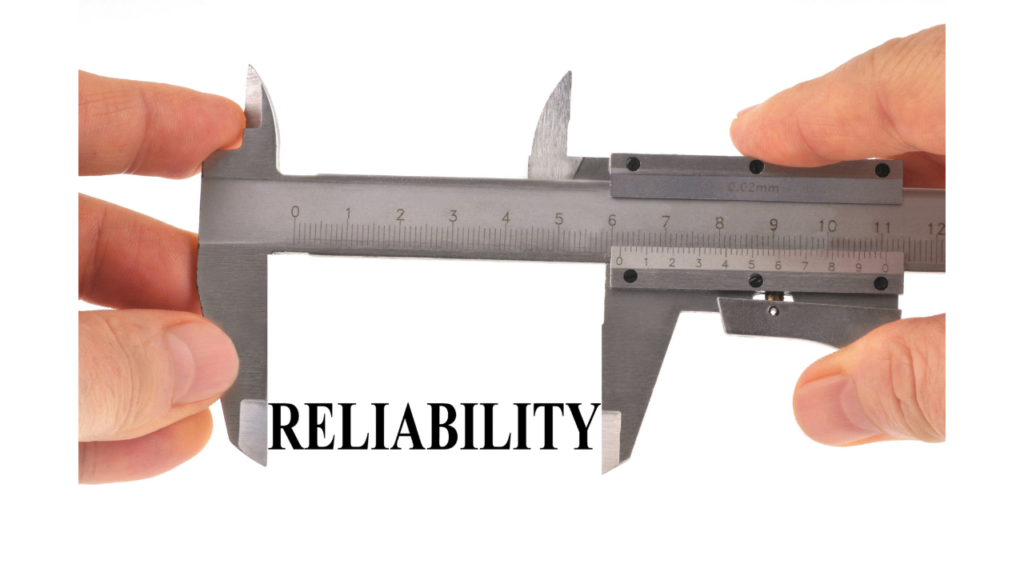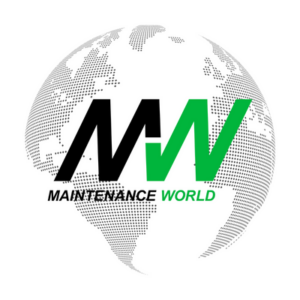
Identify the Reliability Gap
How do you move your reliability improvements forward? Do you know how good you are? You need to identify the Reliability Gap.
[webinar] Embracing Digital Transformation in Maintenance & Plant Operations | March 13 at 10AM EST – Register Now

How do you move your reliability improvements forward? Do you know how good you are? You need to identify the Reliability Gap.

Today’s mining industry is facing a new set of challenges. Commodity price projections for the future remain uncertain, global demand remains high and there is a global labor shortage. While the mining industry remains highly competitive and essential to continued global economic growth, mining companies continue to search for ways to sustain growth and profitability.

Reliability is often used by plants to define future improvement efforts and set expectations for employees and managers. Understanding how it’s defined and how to measure it can often be confusing to your organization. This video shows how IDCON INC defines reliability in a partnership relationship between Operations and Maintenance.

Soon after the BP offshore oil spill in April 2010, quite a bit of soul-searching was done by industry. This led to the first of two direct questions posed by the corporate maintenance reliability (CMR) team: Is reliability engineer a titled position in the exploration and production (E&P) side of other major petroleum producers/ refiners, or is this job function similarly buried in what a discipline engineer or subject matter expert “might” do on a part-time basis in his or her specific area of expertise?

Reliability is often used by plants to define future improvement efforts and set expectations for employees and managers. Understanding how it’s defined and how to measure it can often be confusing to your organization. This video will give you IDCON’s concept of Overall Production Efficiency.

Air Canada has opted for a “pit crew” concept for its Dreamliners, with five to eight employees descending on each arriving aircraft. Having more employees on hand results in a speedier turnaround, which is good for passengers and boosts aircraft utilization, according to Alan Butterfield, the carrier’s vice president of maintenance and engineering. “Utilization of your fleet is hugely important,” Butterfield said in an interview at YVR.

The cost of unreliability is a big picture view of system failure costs, described in annual terms, for a manufacturing plant as if the key elements were reduced to a series block diagram for simplicity. It looks at the production system and reduces the complexity to a simple series system where failure of a single item/equipment/system/processing-complex causes the loss of productive output along with the total cost incurred for the failure.

As an option to reduce plant costs, plant managers may consider contracting out maintenance work. This may have some merit, depending on many factors, including the nature of the business. One question that may be asked is, “Is maintenance a part of our ‘core business’?” Let’s look at a couple of examples. If the business is a hospital, where revenue is generated by the sale of medical services, and maintenance consists of a few specialized activities, such as janitorial, H&V system servicing, and repair of advanced medical diagnostic and monitoring systems, then contracting out these activities is almost certainly the best approach.

How does the current state of leadership affect employee engagement? What is the effect of both good and bad leadership as it pertains to organizational health and engagement? From a leadership perspective, who actually is responsible for employee engagement?
Do you want to get weekly tips & tricks?
"*" indicates required fields


Elizabeth Ruiz is the editor and site administrator for MaintenanceWorld.com.
She is responsible for reviewing submitted content for the site and ensuring that it provides value to the readers of the site.
Copyright © 2010-2024 Maintenance World. All rights reserved.

Click here to join the Maintenance and Reliability Information Exchange, where readers and authors share articles, opinions, and more.
"*" indicates required fields
delivered straight to your inbox
"*" indicates required fields